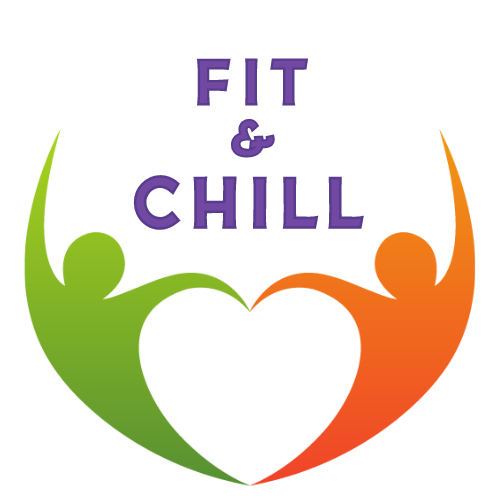Step by Step Guide
- Starting Position:
- Begin in a high plank position with your hands directly under your shoulders and your body forming a straight line from head to heels.
- Engage your core muscles by drawing your navel towards your spine and bracing your abdominals.
- Keep your feet hip-width apart and your toes pressing into the ground for stability.
- Open Arms to the Side:
- From the high plank position, simultaneously open your arms out to the sides, reaching them away from each other.
- Keep your arms straight and parallel to the ground, maintaining stability in your shoulders and core.
- Close Arms Together:
- Bring your arms back together towards the centerline of your body, crossing them over each other in front of your chest.
- Keep your movements controlled and avoid letting your hips shift or sag during the motion.
- Repeat the Open and Close Movement:
- Continue to alternate between opening your arms out to the sides and closing them together in front of your chest.
- Focus on maintaining a strong plank position throughout the exercise, with minimal rocking or swaying of the body.
- Maintain a Steady Pace:
- Perform the open and close motion at a steady pace, aiming for smooth and controlled movements without rushing.
- Continue for Desired Repetitions:
- Repeat the open and close movement for the desired number of repetitions or time duration, focusing on quality over quantity.
Benefits of The Plank Open & Close
- Core Strengthening: This exercise targets the entire core, including the rectus abdominis, obliques, and transverse abdominis, to improve strength and stability.
- Shoulder Activation: Opening and closing the arms engages the shoulder muscles, including the deltoids and stabilizers, helping to improve upper body strength and stability.
- Improved Coordination: Coordinating the movement of opening and closing the arms challenges coordination and proprioception, enhancing overall body awareness.
- Enhanced Upper Body Endurance: Performing the exercise in a high plank position helps to build endurance in the shoulders, chest, and arms.
Tips for Beginners:
- Start Slowly: Beginners should begin with a slower pace and smaller range of motion to focus on proper form and technique.
- Maintain Core Engagement: Focus on keeping your core muscles engaged throughout the exercise to support your spine and protect against lower back strain.
- Control the Movement: Perform the open and close motion with control, avoiding any sudden or jerky movements that could compromise form.
- Listen to Your Body: If you experience any discomfort or strain, stop the exercise and reassess your form before continuing.



Leave A Comment